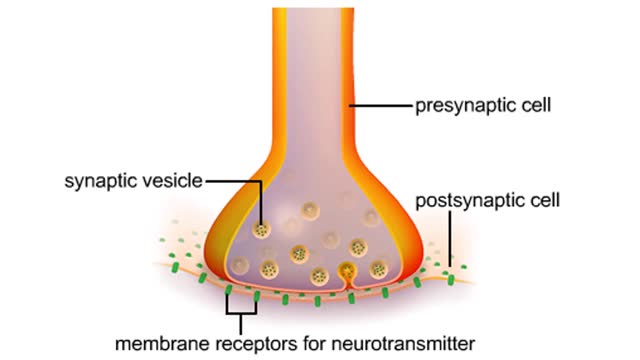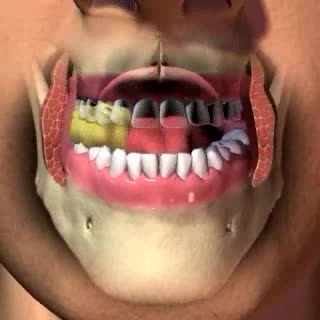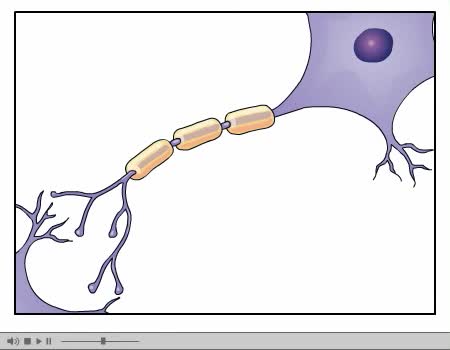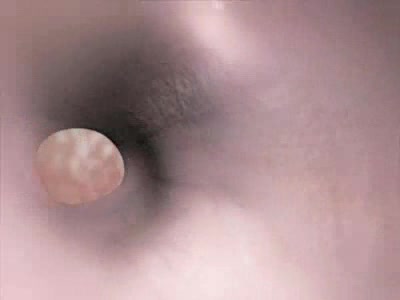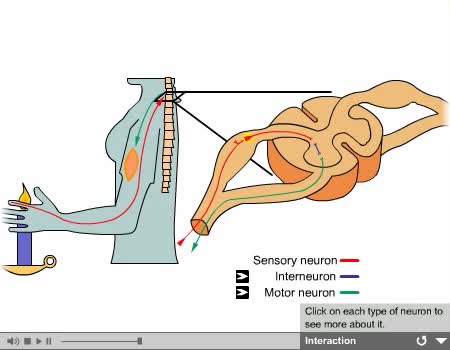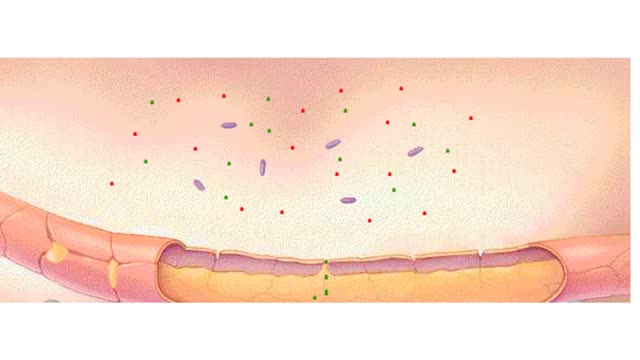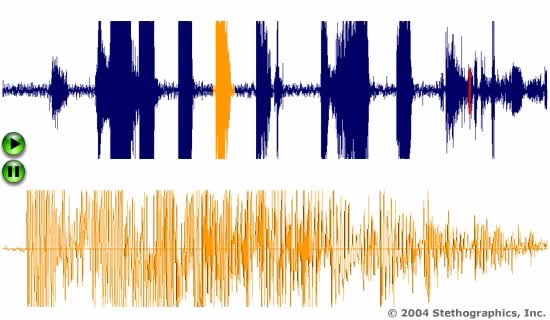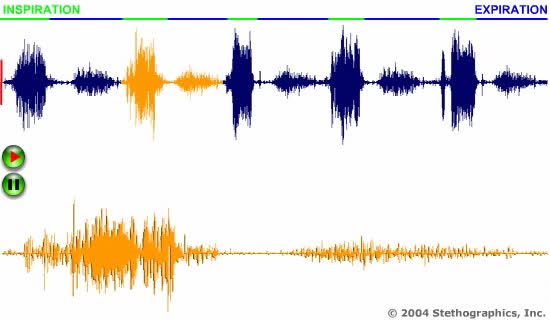Search Results
Results for: 'Generalized life cycles for plants and animals Animation'
By: Administrator, Views: 14065
Pre-eclampsia (PE) is a disorder of pregnancy characterized by the onset of high blood pressure and often a significant amount of protein in the urine. When it arises, the condition begins after 20 weeks of pregnancy. In severe disease there may be red blood cell breakdown, a low blood platelet c...
By: HWC, Views: 8323
A neuromuscular junction is a chemical synapse between the axon endings of a motor neuron and a muscle cell. A narrow synaptic cleft separates the presynaptic cell (the motor neuron) from the postsynaptic cell (the muscle cell). The presynaptic cell contains vesicles filled with neurotransmitt...
By: Administrator, Views: 14577
The mouth or oral cavity is formed by: - The hard and soft palates at the top or roof - the cheeks - the tongue - the lips Contains the teeth and salivary glands. The gingivae (gums) surround the necks of the teeth. The lingual frenulum is a thin fold of mucous membrane that connects...
By: Administrator, Views: 13663
Everything you need to know about your heart
By: Administrator, Views: 14032
Interneurons: - Are called central or associative neurons. - Located entirely within the central nervous system. - They function to mediate impulses between sensory and motor neurons.
Inflammatory response Animation
By: HWC, Views: 7516
Any tissue damage or bacterial invasion can bring about inflammation. The inflammatory response can be triggered by an invasion of bacteria, or by a cut or other physical damage to cells. Chemicals, such as histamine, released by the bacteria or damaged cells. accumulate in the tissue. Thes...
Lung Sounds Animation (4 of 5)
By: Administrator, Views: 387
Respiratory rate is regulated by the respiratory center located in the medulla oblongata. Respiratory rates for some different age groups: Newborn 30 – 80/min 1st year 20 – 40/min 5th year 20 – 25/min 15th year 15 – 20/min Adult 12 – 20/min
Lung Sounds Animation (3 of 5)
By: Administrator, Views: 421
Respiratory rate is regulated by the respiratory center located in the medulla oblongata. Respiratory rates for some different age groups: Newborn 30 – 80/min 1st year 20 – 40/min 5th year 20 – 25/min 15th year 15 – 20/min Adult 12 – 20/min
Advertisement




